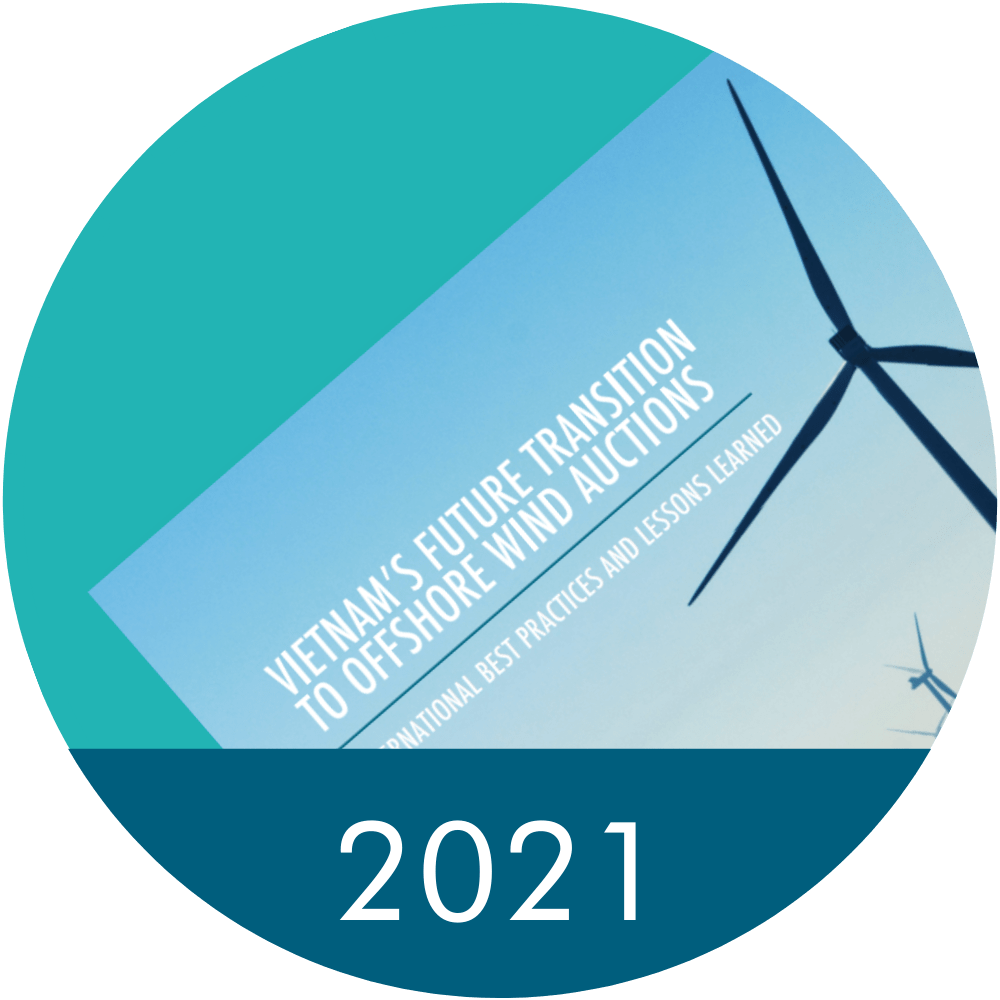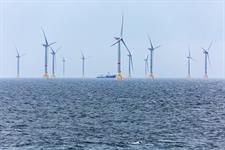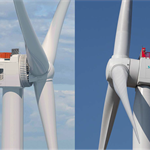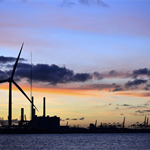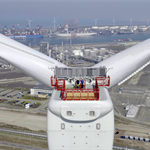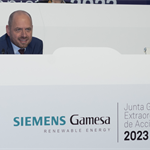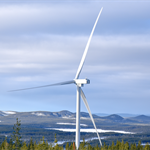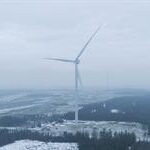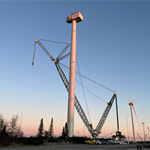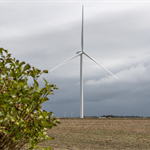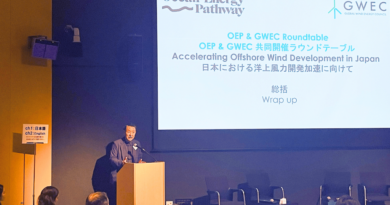‘Siemens Gamesa infringed GE wind turbine grid technology patent’, US judge says
Energy Disrupter

A US judge has issued a preliminary ruling finding that Siemens Gamesa Renewable Energy (SGRE) infringed a General Electric (GE) patent for low-voltage ride-through technology (LVRT) that keeps wind turbines connected to the grid.
However, the judge rejected a similar intellectual property (IP) claim concerning GE’s zero-voltage ride-through (ZVRT) technology.
US technology giant GE sued Siemens Gamesa last year, seeking to block its European rival’s turbines from the US market, claiming it infringed its IP.
The US International Trade Commission has now stated that Siemens Gamesa did infringe GE’s patent for LVRT, but it is not due to issue a final decision until January 2022.
GE’s complaint, filed with the US International Trade Commission, focused on the “low-voltage-ride-through and zero-voltage-ride-through technologies” of variable-speed turbines that enables them to maximise power capture in fluctuating wind speeds.
ZVRT technology keeps wind turbines connected to the grid in the event of a temporary grid-voltage drop-out by using power from the battery packs that typically power the turbines’ pitch system. LVRT technology does the same in periods of low grid-voltage.
The US court’s full findings will remain confidential until both sides get a chance to redact commercially sensitive information.
Siemens Gamesa called for the International Trade Commission to review and overturn the decision on LVRT technology, and stated: “We reiterate our firm conviction that no features or functionalities marketed by the company infringe any valid third-party intellectual property rights.”
A GE spokesperson said: “GE believes strongly in the merits of its case against Siemens Gamesa. We will continue to protect and defend our intellectual property, which drives innovation and investment in high technology industry, creating high value jobs.”
Philip Totaro, intellectual property expert and founder and CEO of analytics firm IntelStor said that if the International Trade Commission ultimately finds in favour of GE, it “could pave the way for an injunction on the importation of certain components in the control system and converter of Siemens Gamesa’s wind turbines into the US.”
Other wind turbine manufacturers have previously agreed to pay royalties to GE after the American company filed similar lawsuits against them. Prior to their merger, Mitsubishi Heavy Industries and Vestas both separately settled with GE over the technology.
After GE sued Siemens Gamesa in August 2020, the European turbine manufacturer filed a retaliatory lawsuit against its US counterpart. Siemens Gamesa claimed the US giant’s Haliade-X turbines infringe its patents for offshore direct-drive technology.
The case is due to be heard in April 2022.

